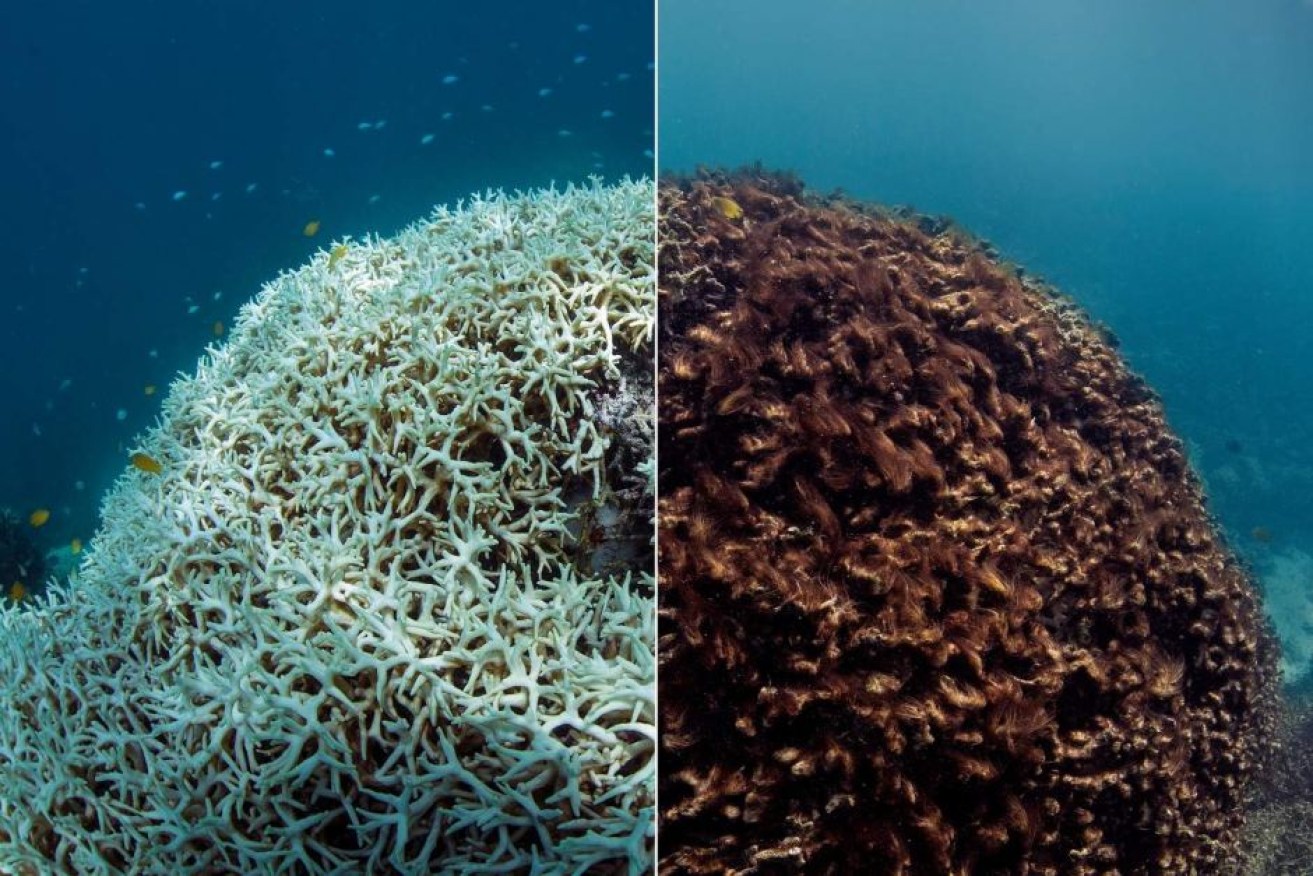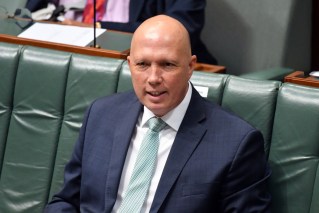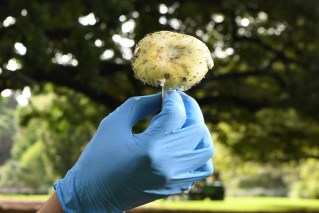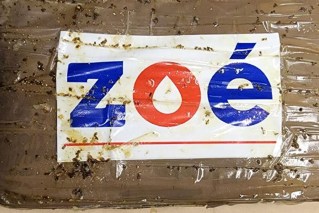Coral bleaching may cost $1 billion a year in lost tourism alone


Reef experts are hoping this years cooler La Nina's waters will bring a respite from bleaching. Photo: The Ocean Agency
Mass coral bleaching to the Great Barrier Reef could cost the region one million visitors per year, meaning a loss of at least $1 billion and 10,000 jobs, the Climate Council warns.
Its latest report, to be released in Brisbane on Wednesday, warns intensifying climate change is pushing up sea surface temperatures and driving extensive and ongoing mass coral bleaching.
“The extraordinary devastation being experienced on the Great Barrier Reef is due to the warmth of our oceans, driven by the burning of coal, oil and gas,” Climate Councillor Lesley Hughes said ahead of the report’s release.
“It would have been virtually impossible for this to have occurred without climate change.”
The council says repeat mass bleaching events such as those during the past two years limits opportunity for coral to recover.
The loss of coral reefs across the globe could cost $1 trillion, the council says, stressing it’s an economic as well as an ecological problem.
Climate Council head of research Martin Rice said bleaching events were likely to become more frequent and severe in coming decades and stopping greenhouse gas emissions was the only way to stop the trend.
“Australia is the caretaker of the Great Barrier Reef and we are lagging well behind the rest of the developed world when it comes to doing our part to effectively combat climate change,” he said.
The report comes just days after aerial surveys showed mass coral bleaching had impacted most of the Great Barrier Reef.
The Australian Research Council’s Centre of Excellence for Coral Reef Studies confirmed on Monday only the southern third of the reef had not been affected by consecutive bleaching events in 2016 and 2017.
Great Barrier Reef Marine Park Authority chairman Russell Reichelt said survey results would be used to “refine a support strategy” to help improve the health of the ecosystem.








